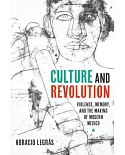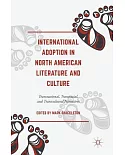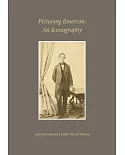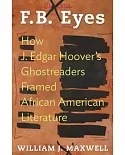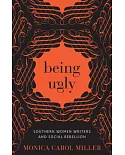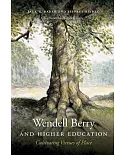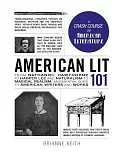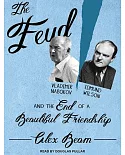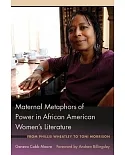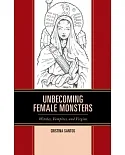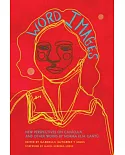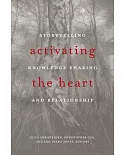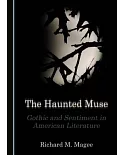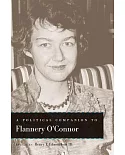In National Melancholy, Breitwieser offers close readings of important American writers (Anne Bradstreet, Thomas Jefferson, Walt Whitman, Henry David Thoreau, Sarah Orne Jewett, F.
Scott Fitzgerald, and Jack Kerouac) who were struggling to understand mourning, both in their own experience and in the abstract. He draws attention to their inquiries into the way mourning
gets blocked or diverted, especially into external social interferences with mourning designed to transform mournful emotions into feelings of solidarity with national causes, and into the
depression that follows from such false mourning. Emphasizing their struggle to repossess mourning, he argues that for several of them reclaimed mourning opened a door onto a strange and
fresh understanding of experience.


